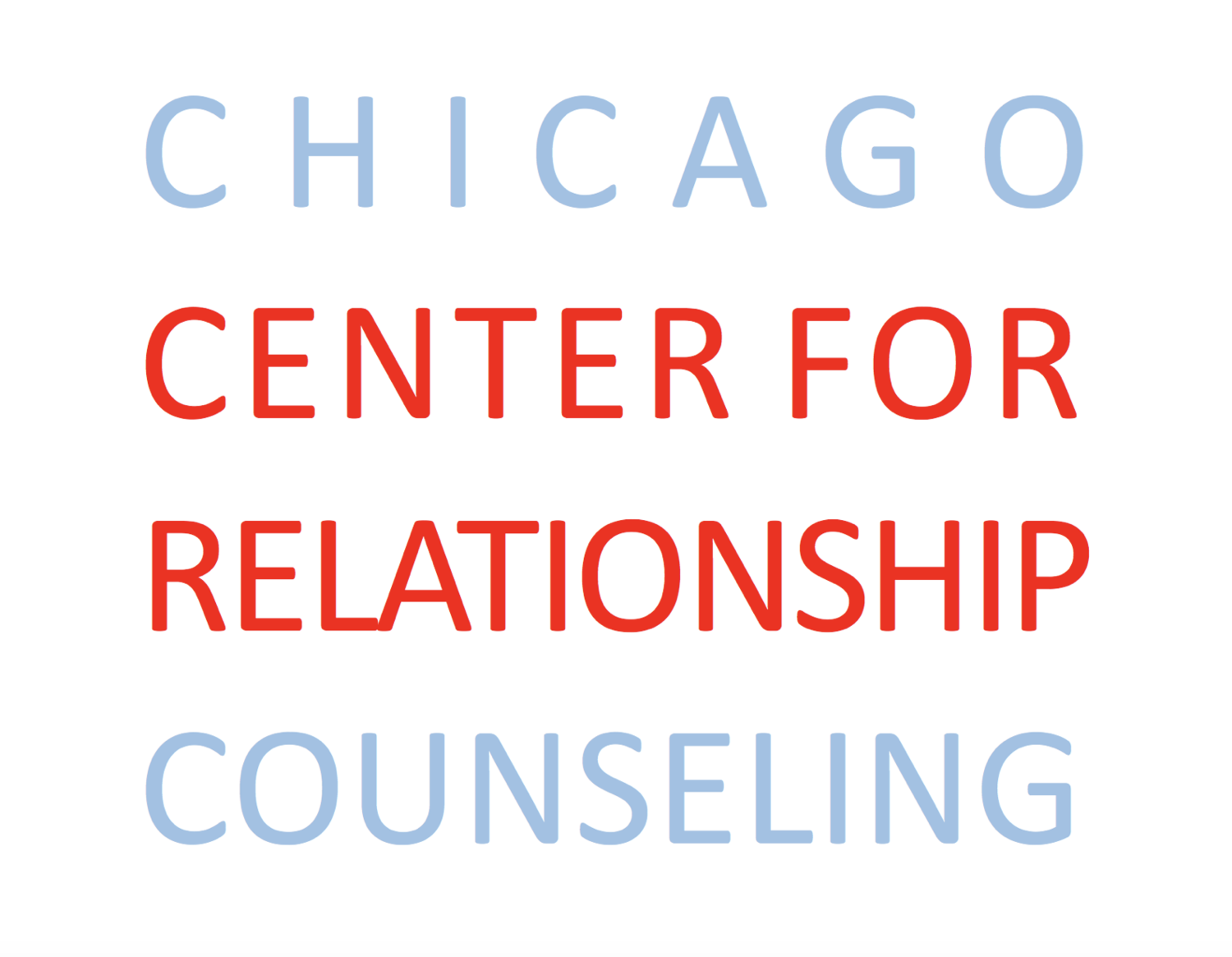“I get you”: Why Validation Matters
Picture this scenario: it’s been a long day and everything that could go wrong, did go wrong. You missed the train in the morning. Then, the train that you did get on kept stopping. So, you were late for work. Then, you got yelled at by your manager because he/she was stressed and in a bad mood. You didn’t have a chance to eat lunch, and the phone wouldn’t stop ringing. So, you got no work done and you have to do catch-up tonight. You have a headache and to top it off, someone was rude to you on the packed train ride home. When you get home, your partner is already there, relaxing on the couch. You tell him/her about your terrible day and how defeated you feel. Which response would you rather have from him/her?
A: (half-glancing at you and the TV) “Why do you let things get to you like this? Just chill out, tomorrow is a new day!”
Or
B: (Pausing the TV and turning toward you) “That sounds awful. I can’t believe your manager took his/her stress out on you. You’ve been working so hard! Let me know what you need tonight, you’ve had a really trying day.”
My guess is that option A doesn’t feel so good. In fact, it’s pretty invalidating. There is no recognition of your emotions, or what you have gone through during the day. And there is a judgmental “why do you let things get to you?”, which could leave you feeling like there’s something wrong with you that you’ve reacted this way!
Number two is validating, and makes us feel heard, understood and even cared for. Who doesn’t want some of that?! Validation is a powerful relational tool that can foster great connection. So, what is it?
Linehan (2015) notes that validation is 1) “finding the kernel of truth in another person’s perspective or situation” (p. 295) and 2) “communicat[ing] that we understand the other person’s perspective” (p. 295). Validation helps our interactions with other people, improves our effectiveness in interpersonal situations, and makes support and closeness possible (Linehan, 2015). We feel accepted when our partner validates our experience. This, in turn, creates safety. It turns out, being invalidated is a very painful thing for us humans; our brains are always scanning for threat and danger (Boeder, 2017). Steven Porges, a leading neuroscientist, presents” Polyvagal Theory” and how our autonomic nervous system searches for safety through our “social engagement system” (Porges in Boeder, 2017). When the brain senses safety (for example, when our partner validates us), our social engagement system can act; this fosters connection (Boeder, 2017). When there is a threat (like invalidation), this can not happen.
So, validation is important on a neurological level. But how to do it? Linehan (2015, p. 298) presents six levels of validation:
1) “Pay attention.” Actually be present. When we are distracted, we communicate through our body language that the other person’s experience is not that important to us.
2) “Reflect back without judgment.” Communicate to the person that you have heard them.
3) “Read Minds.” Try to read what is happening for the other person on a non-verbal level. What does their body language say? But, be gentle and open to correction by the other person.
4) “Communicate understanding of causes.” How does this person’s response make sense given their background, experiences, history? If I was attacked by a dog as a child, it makes sense that I am currently afraid of dogs, even if you are not.
5) “Acknowledge the valid.” This is communicating that someone’s experience makes sense because they fit with the facts of the situation. You wouldn’t validate feelings about an email that was made up!
6) “Show equality.“ The other person deserves the same level of respect as you; being condescending or preachy doesn’t show equality.
Here is my validation to you: if you haven’t done this much before, or if you haven’t experienced much validation from people in your past, it makes sense that you may need some practice! But, if you try it, it can bring many rewards to your relationship. If you already validate regularly, keep on doing it! You can also practice self-validation to self-soothe.
References:
Boeder, E. (2017). Emotional safety is necessary for emotional connection. Retrieved from:
https://www.gottman.com/blog/emotional-safety-is-necessary-for-emotional-connection/
Linehan, M. (2015). DBT Skills Training Manual. New York: Guilford Press.



